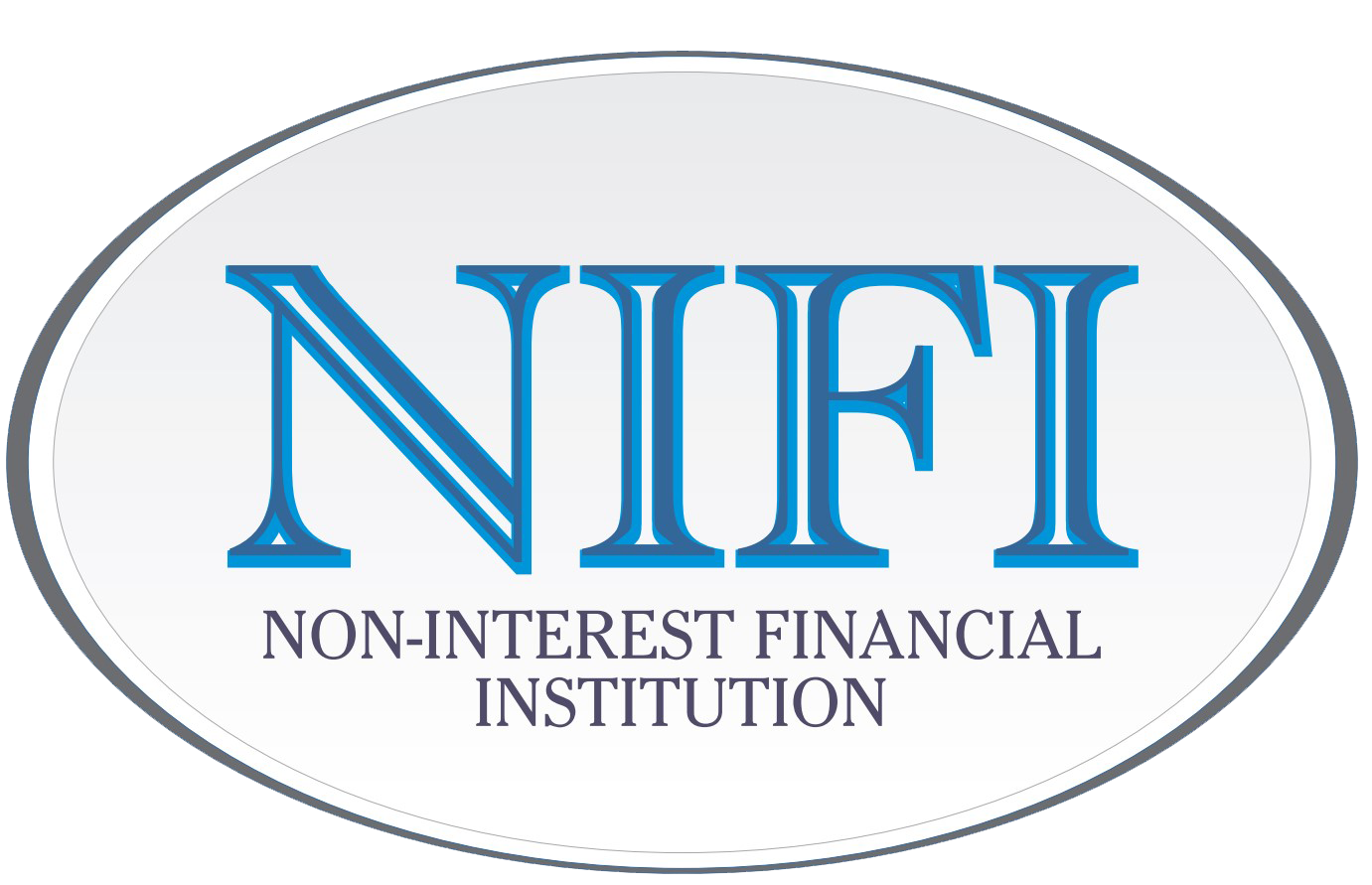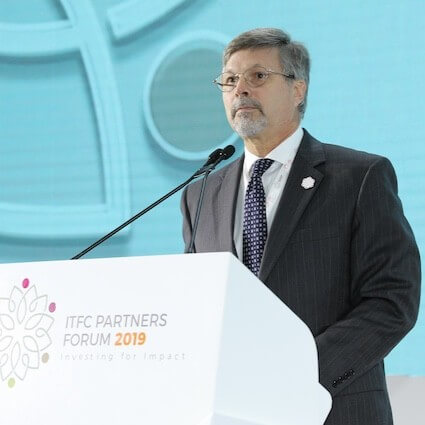The arrival of every school year is predictable thanks to the academic calendar, yet the average parent is caught unprepared each year and then finds themselves scrambling for a way out. Not to worry, this is not us throwing shades or jabs, the truth is we understand that between the inflation rate and the increasing cost of almost everything, the cost of living is getting harder for the living and last year’s budget cannot work for this year. This is why we’ve curated a list of practical steps you can take as a parent to make school fees season panic-free.
1. See the whole school bill (not just tuition)
The true cost is not just the school fees; there are so many other costs attached to their education that require your attention as well. PTA levies, uniforms, books, transport, lunch, fieldtrip fees, school party fees, costume day purchases, and so on. It is important to cost all these together. One way to calculate this is to get the school bill as early as you can from the school and use figures from the past term/year for items that you don’t have the cost for.
Remember to factor in inflation when you’re using last year’s prices for your costing/cost projections for the new year. If possible, do this at the end of the previous term to give you time to make needed adjustments.
When you budget with the full picture, you avoid the mid-term scramble. The National Bureau of Statistics’ General Household Survey shows how non-tuition items (like uniforms) can be a meaningful share of what families actually spend.
Quick exercise (10 minutes): Pull last term’s receipts and bank alerts, remember to include all school-related costs. The number you get—not just “tuition”—is your true term cost.
2. Try smart solutions to make big sums manageable
By the time you are done with step 1, you may find that the cost is heavier than you have the capacity to pay at once, especially if you have more than one child. We had a chat with a mom who had to scramble for 2 million naira to sort out the school bills for her three children, all of whom are still in primary school. Another mom was paying over 1.4 million between her two children and the school has decided to increase the bill by 25% in this new school year.
If you’re in this kind of situation and you do not want to change your children’s school because of the quality of education they are receiving in their school, solutions like EduFund are best for you. EduFund helps you pay your child’s school fees now and spread the repayment across the term or session. This way you sort the school upfront and can repay as your income comes in monthly, same desired result, less pressure.
3. Tame additional costs with smart shopping
Start by making a 3-tier list: Must-have / Should-have / Nice-to-have, and write it down, don’t just do it mentally. This gives you a clear view of what each child needs.
The next step is to align across children (what can the older ones hand to the younger ones to save cost?)
After creating your list and aligning between children, you can then consider options to shop for the needed items. A smart choice is AltMall, not only does it save you the stress of dragging shopping bags and haggling prices with vendors, it also gives you access to all the essentials and more on one platform while giving you the option to pay for your selected items in instalments. This gives you some financial breathing room and relieves the usual start-of-school-year pressure as it turns surprise costs into scheduled, smaller line items your budget can handle.
4. Plan for next term/session now
Once you’ve regained your balance a bit, begin to put money away for next term/session. Go beyond just regular savings, you can look into low-risk asset- backed investments that you can put money in. These are beginner-friendly investments that do not require a huge capital to begin, you can start with whatever you have. The goal is to put your money where you can trust it to grow ethically in preparation for not just the next school year, but for the future.
5. Protect the plan
There is a common phrase Nigerians use to describe unexpected but sometimes unavoidable twists and turns of life, we say “life is life-ing”. That life will life is a fact, but we can make little plans to ensure that our goals are not completely derailed. In the case of financial preparations for the next school year, one thing you can do outside your investments is to have a small school-emergency fund. This will prevent the need to sell investments meant for the next year and stop you from coming back to the place of panic where your child’s school bills are concerned.
We believe every parent deserves to have peace of mind throughout the year, whether bills increase or not, and with planning and the right support, you can have that. For answers on how Alternative bank is your partner and the right support, check out EduFund and AltMall. Have a fantastic school year.



